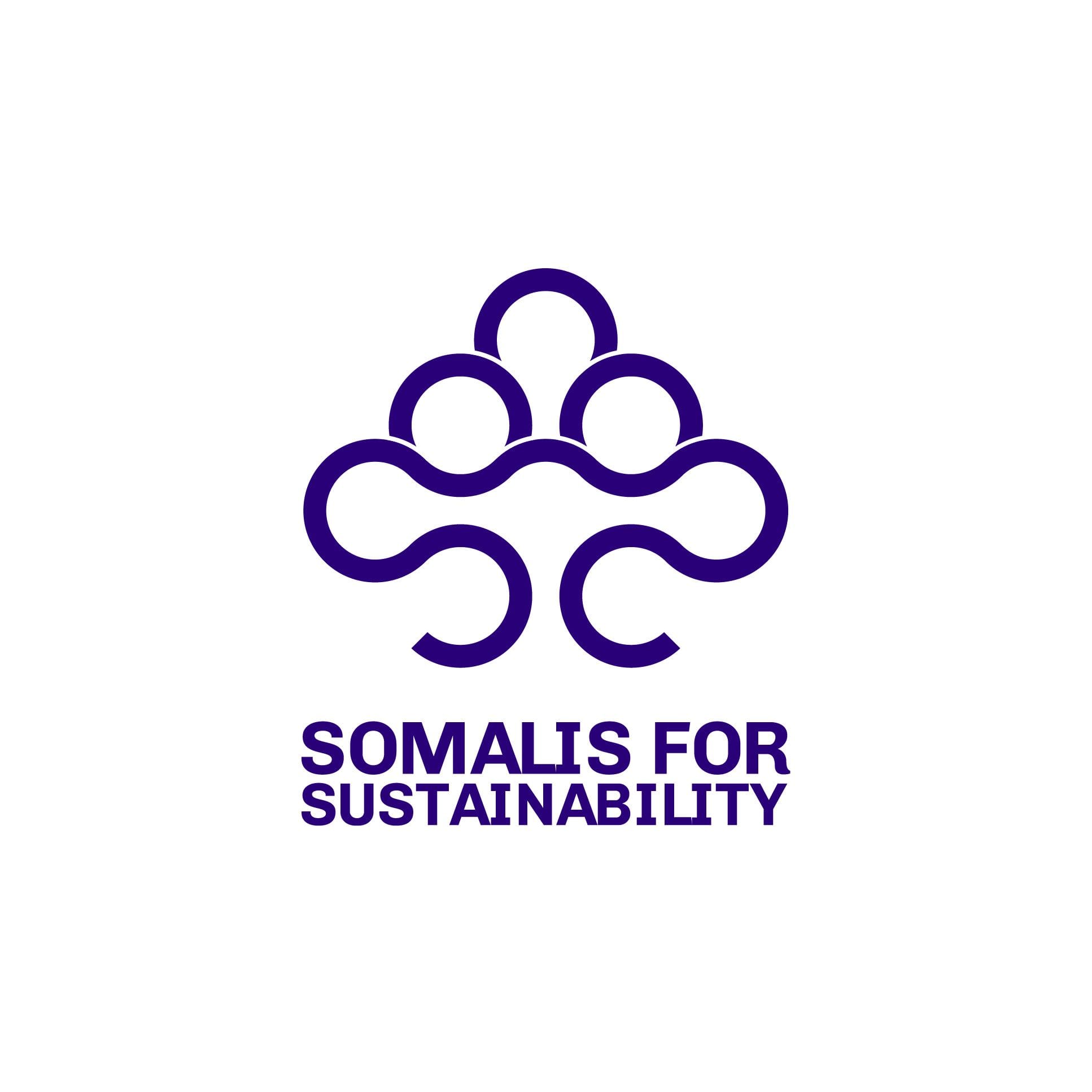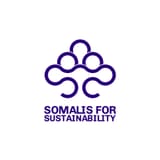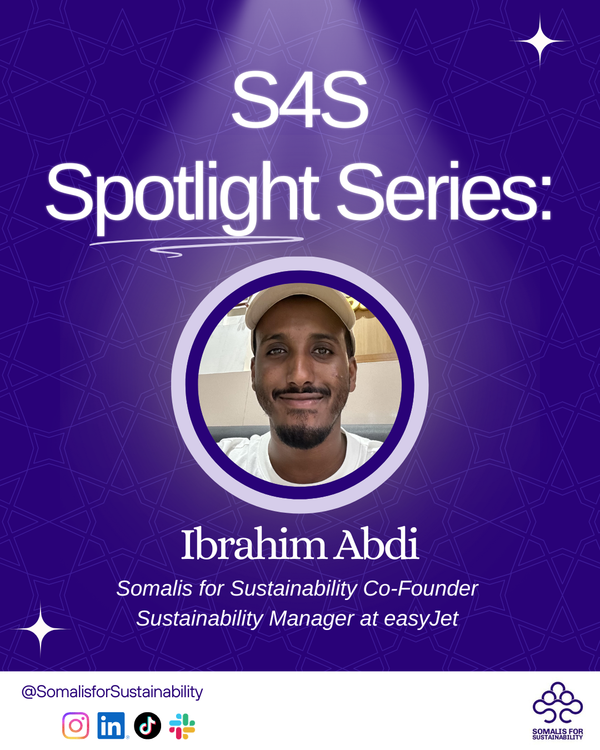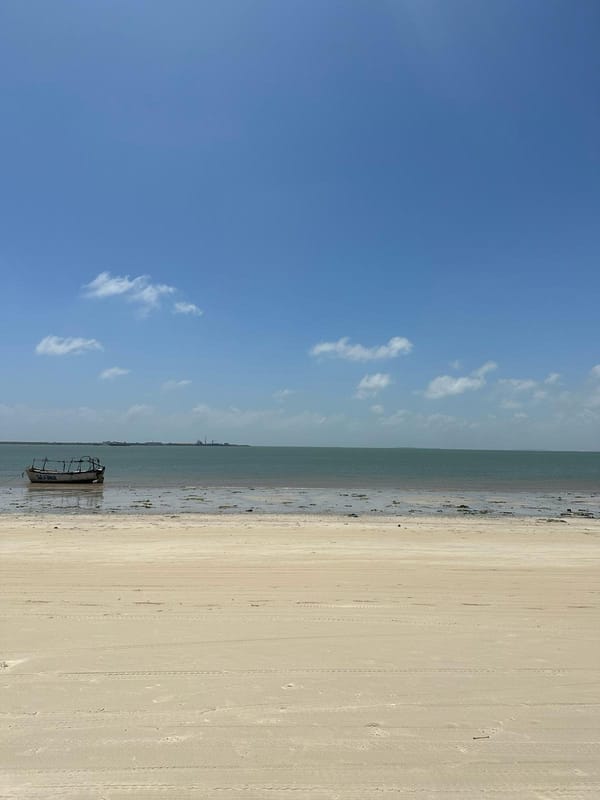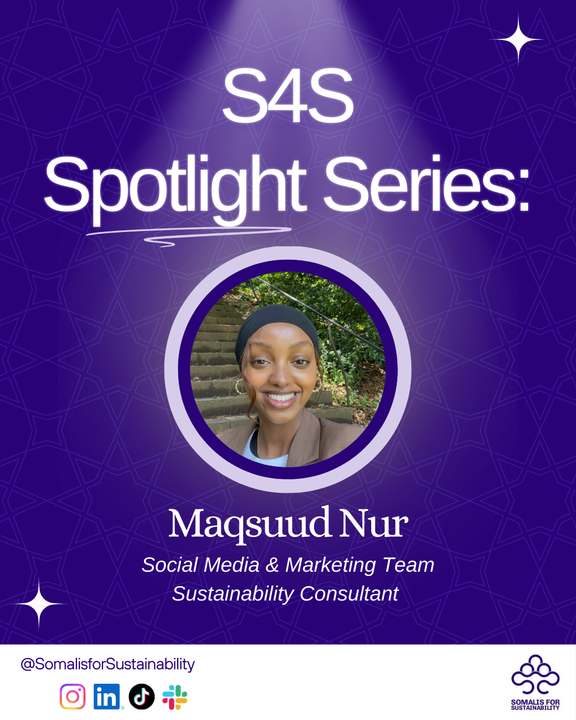Maydi Newsletter: June 2025
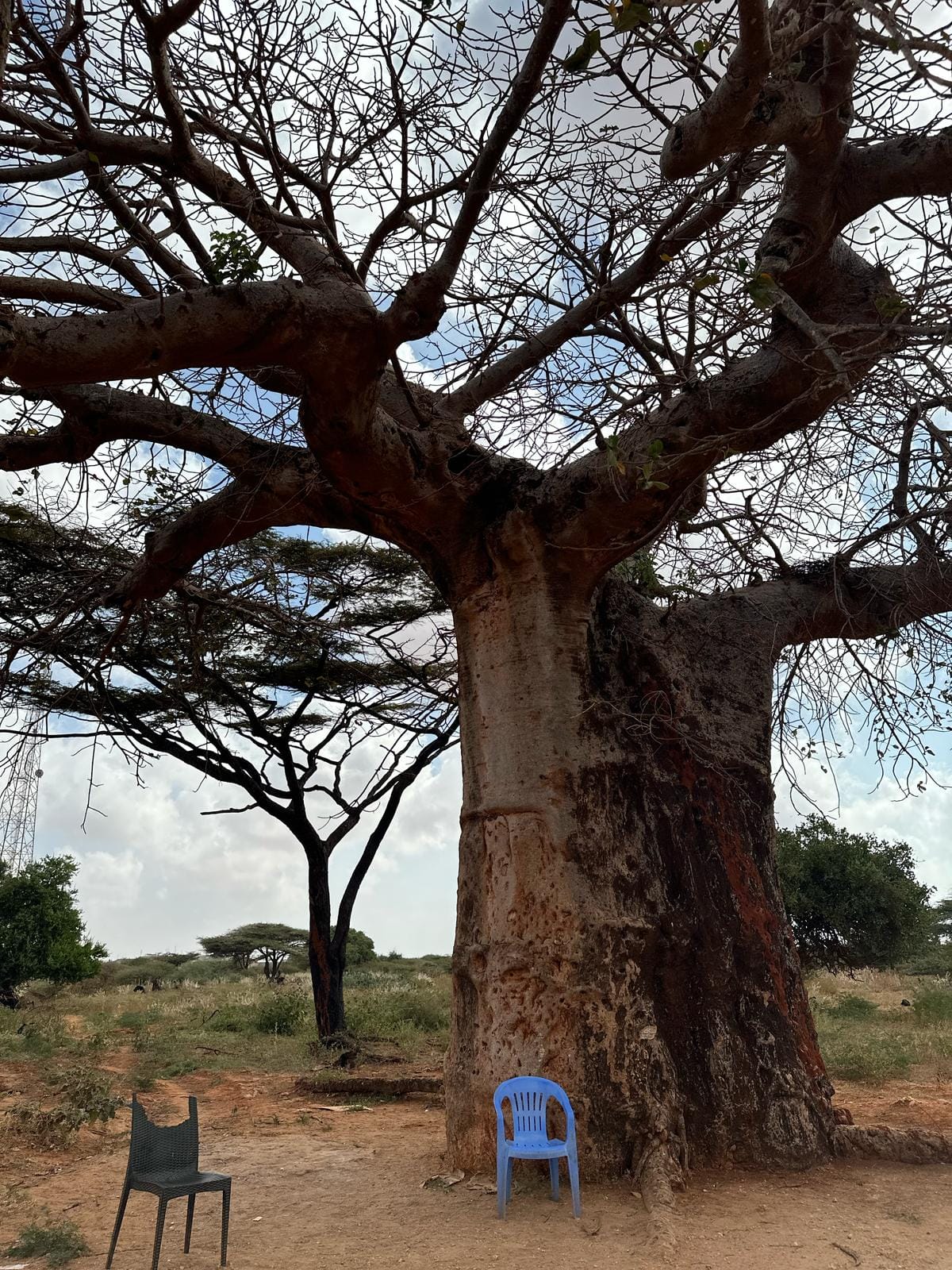
Hi everyone!
Welcome to this month’s edition of the Maydi Newsletter!
In this issue, we dive into what we got up to at the mid-year UN climate negotiations and share highlights from our presentation to TfL’s internal sustainability network.
Oh, and we’ve also included our usual Word of the Month to help you learn Somali!
Until then, thank you—as always—for reading!
S4S News
S4S on the ground for SB62 in Bonn, Germany 🇩🇪
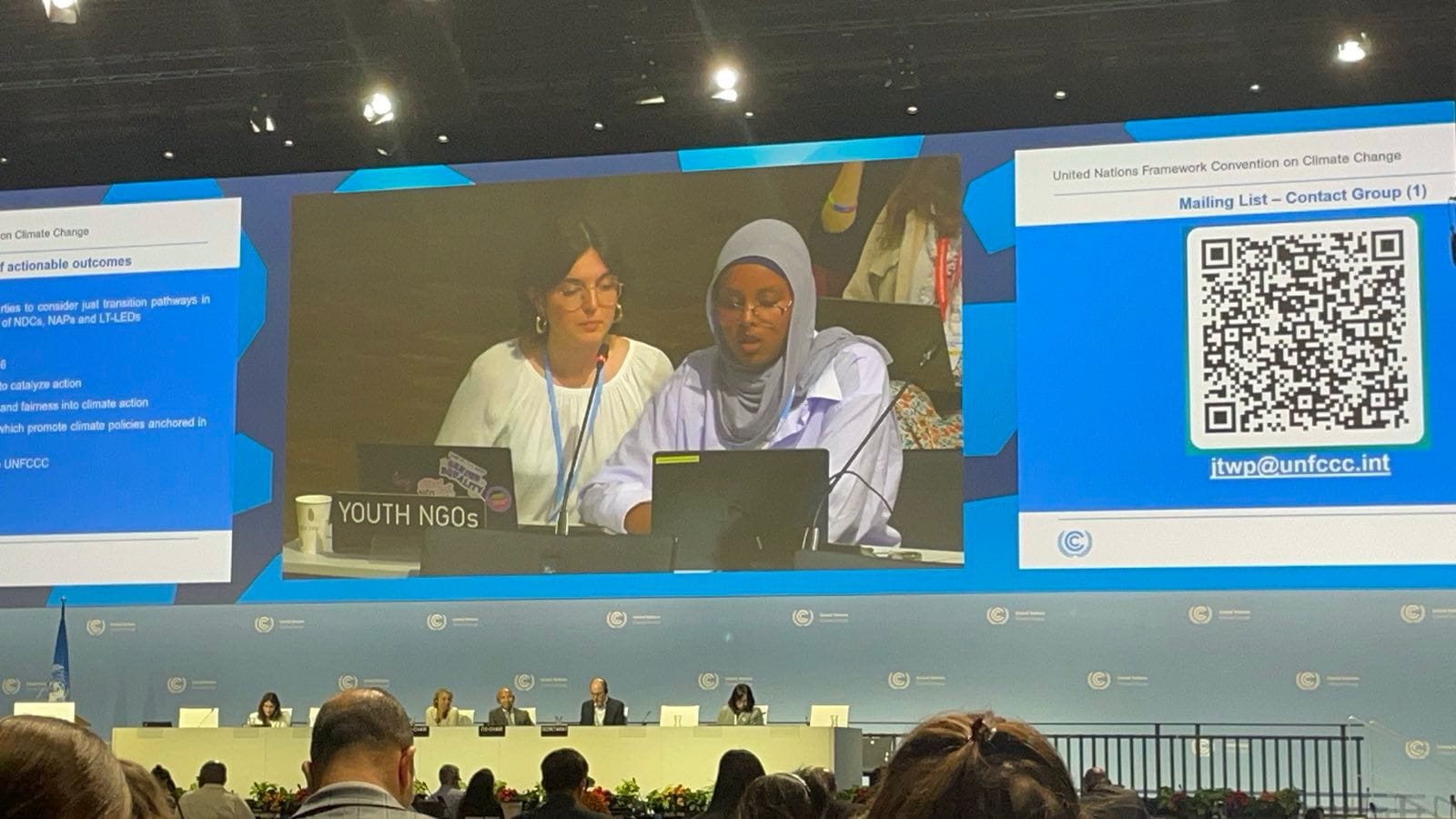
Between June 16–27, Somalis for Sustainability was on the ground at SB62 in Bonn, Germany - the mid-year UN climate negotiations that quietly set the stage for the more high-profile COP30 in Brazil this November. While these sessions may not grab headlines, they’re where the technical groundwork is laid, draft texts are shaped, and political lines start to form. Representing S4S was our Associate General Secretary, Sumaya Mohammed, attending in a dual capacity: as a delegate in the People’s Climate Diplomacy programme and individually representing Somali civil society. She was one of the only Somali youth delegates physically present at SB62.
Over the two weeks, Sumaya participated in high-level meetings with ministers, negotiators, and policymakers - closely tracking two of the most contested negotiation tracks: the Just Transition Work Programme (JTWP), which explores how climate action can support equity, livelihoods, and decent work; and the Mitigation Work Programme, focused on accelerating emission reductions. A significant moment for Somalia came during the official submission of its updated Nationally Determined Contribution (NDC) - a country’s formal climate plan under the Paris Agreement. This new version lays out stronger targets for emissions, adaptation, and resilience-building, and opens the door for greater regional and international support in the lead-up to COP30.
One of the most anticlimactic- and revealing - moments came in the final JTWP negotiations. After nearly eight hours of discussions on just two paragraphs, delegates hit a wall. Paragraph 25, pushed by the Like-Minded Developing Countries (LMDCs), raised concerns around unilateral trade rules that might harm poorer nations. Paragraph 11(g), backed by many Global North countries, called for a global phase-out of fossil fuels. With neither bloc willing to budge, the final outcome was almost surreal: both paragraphs were given the option of “[no text]” - which, in UN language, means deleting the paragraph entirely. As one delegate put it, “This could’ve been an email.”
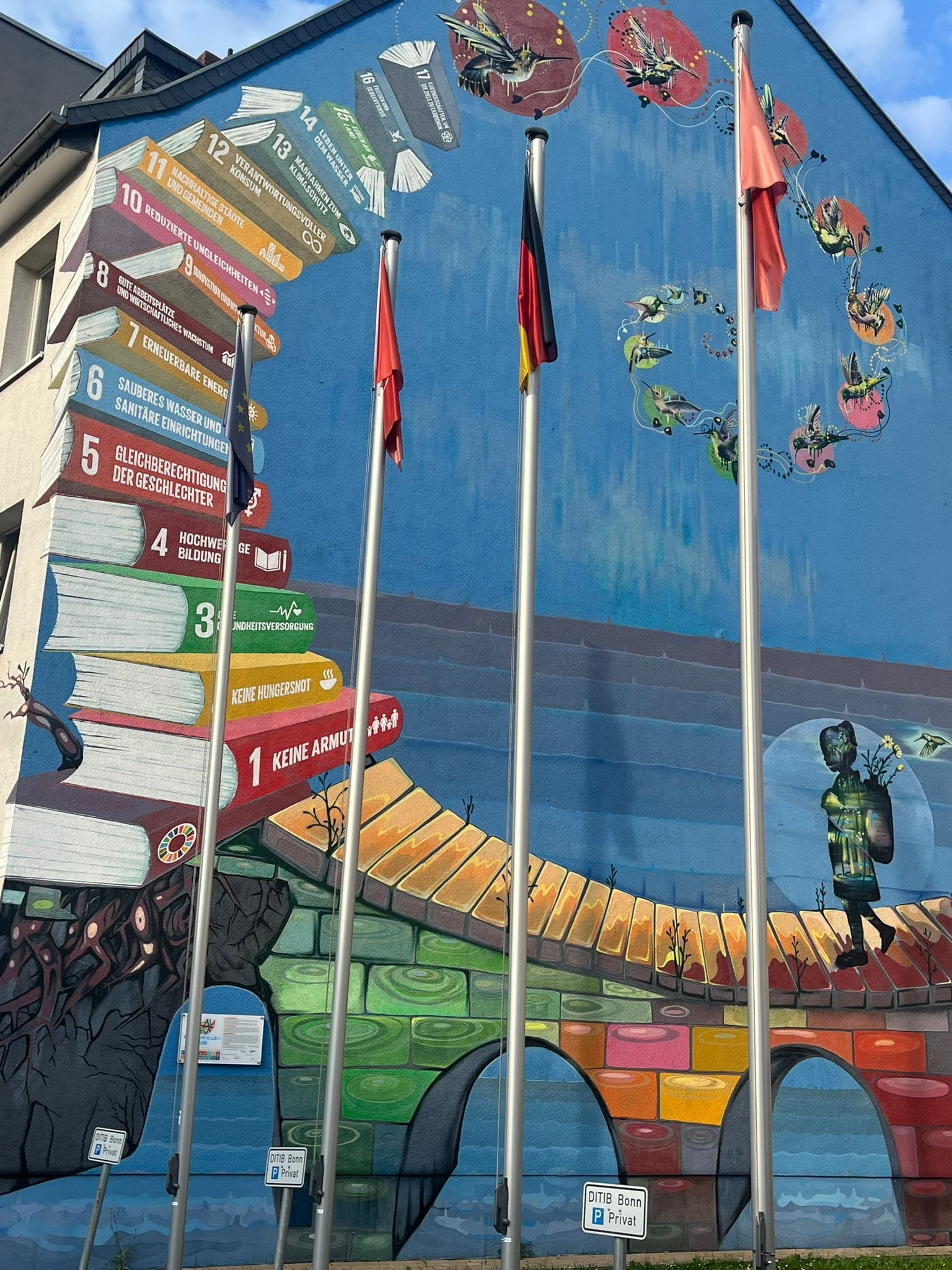
Still, not all was lost. The wider JTWP draft includes Paragraph 28, which opens the door to establishing a Global Just Transition Mechanism - a potentially transformative tool that could support countries like Somalia in navigating a fair, inclusive, and well-financed shift toward sustainable development. For vulnerable and conflict-affected nations, this kind of mechanism could provide critical support for protecting livelihoods, creating jobs, and strengthening resilience in the face of escalating climate shocks.
Looking ahead, Somalis for Sustainability is actively working to send a delegation to COP30 in Belém, Brazil. From Bonn to Belém, the journey is long, but we remain committed to ensuring that Somali voices are not just heard, but centred, in global climate decision-making. Insha Allah, we’ll see you in Belém.
S4S invited to speak to Transport for London's sustainability network
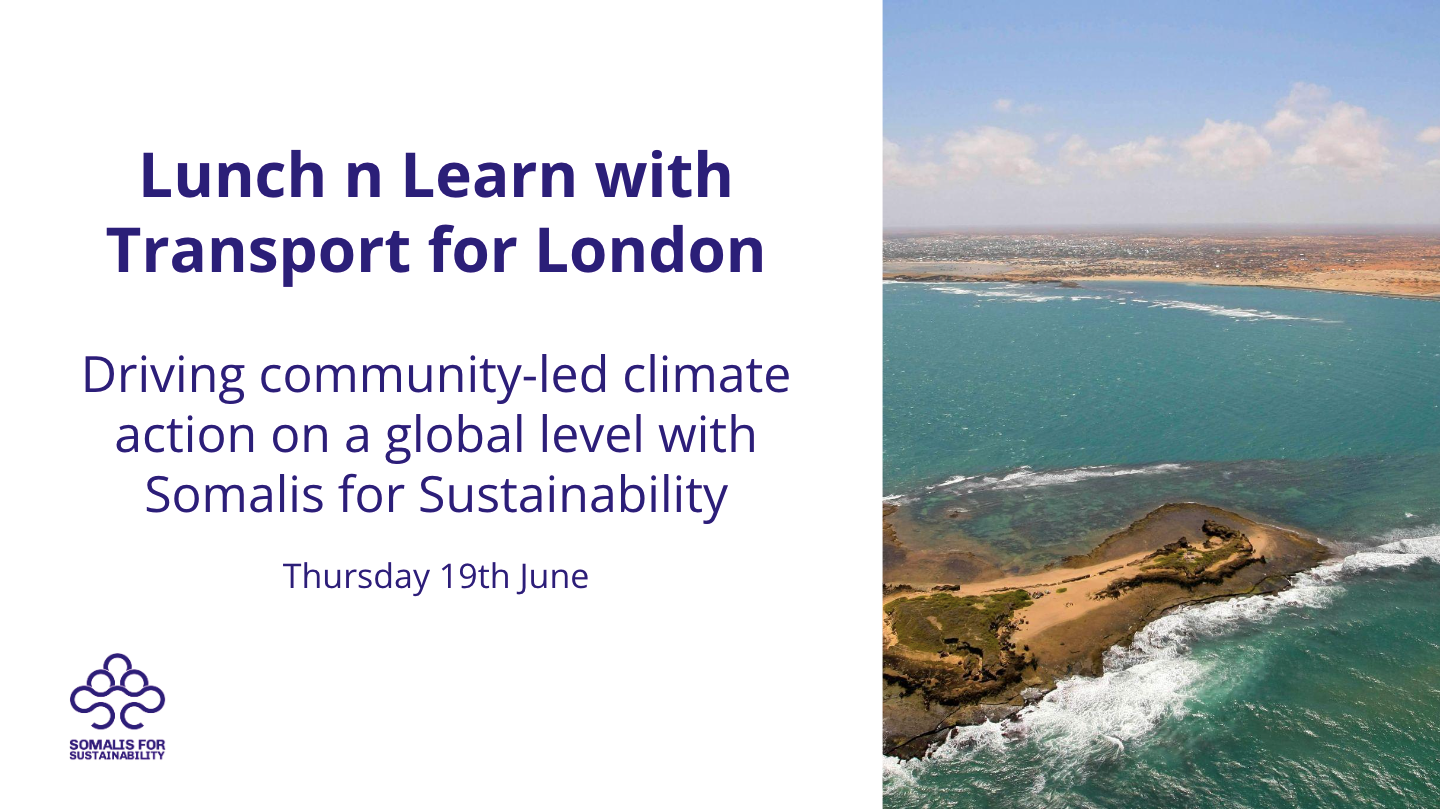
On Thursday, 19th June, S4S was invited to deliver a Lunch and Learn session to Transport for London (TfL)’s internal sustainability network. The session covered the mission and objectives of S4S, with a focus on how storytelling can play a powerful role in driving climate action. As highlighted during our event at the Somali Week last year, oral traditions are a core part of Somali society, and they can be effectively leveraged to engage and educate different segments of the population.
We also explored effective climate communication strategies and narratives that organisations like TfL can adopt. Given that TfL’s network serves people from a wide range of backgrounds across the capital, its sustainability efforts must be inclusive of minority ethnic communities.
We shared the example of the Greater London Authority’s Somers Town Future Neighbourhoods 2030 project—an inspiring, community-led initiative aimed at creating a sustainable, resilient, and inclusive urban environment. Residents of Somers Town, a historically underserved area in central London, were placed at the centre of the decision-making process. One of the key successes of the project came from co-developing strategies with local people and drawing clear connections between their day-to-day priorities and climate action. In an era where the urgency of climate change is increasingly challenged, it’s crucial that we "meet people where they are," as C40 Cities aptly stated in a recent newsletter.
We concluded by sharing learnings from the UNFCCC Local Conference of Youth (LCOY) we hosted last year in Somalia, including the development of the National Youth Statement, which was presented to policymakers.
We closed with a call to action, encouraging TfL employees to think about how they can contribute to change, both within their organisation and across the wider community.
Huge thanks to Kate and Qamar from TfL for inviting us, and keep an eye out for an exciting collaboration coming soon 👀
Word of the Month: Roob (Ro-ob) Rain
In May 2025, the southern city of Baardheere experienced one of the most intense rainy seasons in recent memory, causing widespread flooding and displacing over 30,000 people. Somalia’s rainy seasons, while vital for agriculture and groundwater recharge, are becoming increasingly unpredictable due to climate change. The spring and autumn season rains traditionally support livelihoods, especially in rural and pastoral communities. However, extreme rainfall events now lead to flash floods, urban drainage failures and infrastructure collapse.
To address this, Somalia's National Water Resource Strategy (2021-2025) includes initiatives to enhance flood control, restore catchment areas, and harvest rainwater through traditional and modern techniques. Additionally, the Barwaaqo Project, backed by the World Bank, is working to build climate resilience in flood-prone regions by investing in early warning systems, improving drainage infrastructure, and supporting community education on rainwater use.
Upcoming events/News:

🌟 If you're in Toronto this Saturday, join S4S and Somali Professionals Toronto for an evening of connection and conversation around conscious consumerism
From the clothes we wear to the food we eat and the tech we use, our everyday choices impact people and the planet. You’ll hear from a panel of inspiring voices, join small-group discussions on key industries, and have space to share your own reflections.
📅 When: Saturday, July 5, 2025 @ 2:30 PM
📍 Where: Bahen Center RM1170, University of Toronto 🇨🇦 🔗 Registration link: Sign up here
